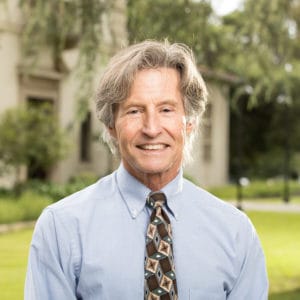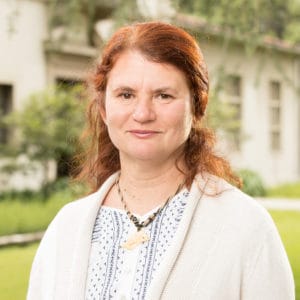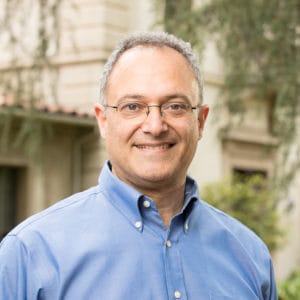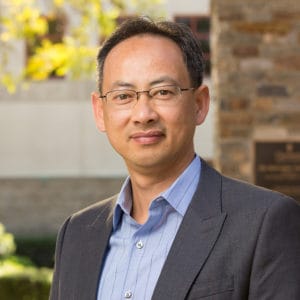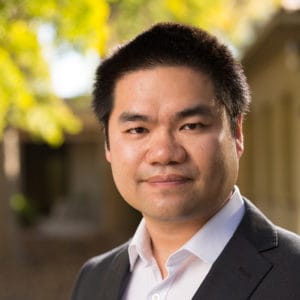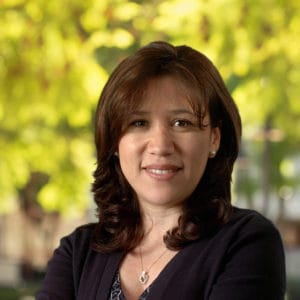View All Mathematics Courses
Degree Requirements
General doctoral degree requirements can be found in the doctoral degrees section of the Bulletin.
A total of 72 units of coursework are required. These units must include one transdisciplinary course, per University policy.
Students must fulfill the CGU residency requirement: at least two semesters of full-time study within a two-year period or 48 units within a three-year period. It is recommended that coursework be completed on a full-time basis; while part-time attendance is an option, degree requirements should be fulfilled within a seven-year time frame.
Students who do not maintain a minimum overall grade point average of 3.0 in Mathematics courses are placed on academic probation. Students who remain on academic probation after taking an additional 8 units of Mathematics courses may be excluded from the program.
Students are assigned an academic advisor upon entering the program. As they reach the advanced stages of coursework, they select a research advisor, who assumes primary advising responsibilities. In order to advance to candidacy, students must select a PhD committee consisting of at least three Mathematics faculty members from within the Claremont Colleges, chaired by the research advisor.
Research Tools
The following two research tools, intended to help prepare students for independent research, are required:
1. Research seminar requirement. Over a period of at least two semesters, each student must attend a mathematics research seminar regularly. This may be a CCMS research seminar, mathematics colloquium, faculty-organized topical seminar, or student-organized journal club. The student must submit to his or her advisor a list of seminar talks attended, as well as written summaries of three seminar talks. Each summary, of about 1-2 pages in length, should outline the basic problem, the methods used, and the results. Completion of this research tool is required within one year of passing the written qualifying exam.
2. Proficiency requirement. Each student must demonstrate proficiency in one of the following two categories. Completion of this research tool is required before advancing to candidacy.
- Computational: A computer programming language, statistical research method, or other computational research tool approved by the advisor.
- OR
- Foreign language: French, German, or Russian.
Qualifying Examination
The written qualifying examination is given once per year, at the end of the Spring semester. Full-time students in the Mathematics PhD program take the exam immediately following the first year of coursework. Part-time students may wait until they have completed 16 units of CGU coursework. Students failing the exam on the first attempt must repeat the exam the following year. Failure to pass the exam on the second attempt results in dismissal from the program.
Students dismissed from the doctoral program in Mathematics for failure to pass the exam may, at the discretion of the faculty, qualify for a terminal master’s degree. However, they may not transfer to another doctoral program offered through the Institute of Mathematical Sciences.
Preliminary Examinations
Students are required to pass two preliminary examinations, within two years of passing the written qualifying exam, but no later than 3 months after the completion of 72 units of coursework. Unless there are mitigating circumstances, failure to complete the exams within the specified period is cause for dismissal from the program.
Advancement to Candidacy
After completing the qualifying and preliminary examinations, doctoral students must prepare a written dissertation proposal. In the advancement to candidacy examination, the student presents the proposed dissertation research. The examination should be scheduled within one year of completing the required 72 units of coursework.
Dissertation Completion and Final Oral Examination
The dissertation must be completed within seven years from the semester in which the student was admitted. The dissertation defense may not occur earlier than six months after advancement to candidacy. The defense is a public event announced to the University’s academic community by the registrar’s office.
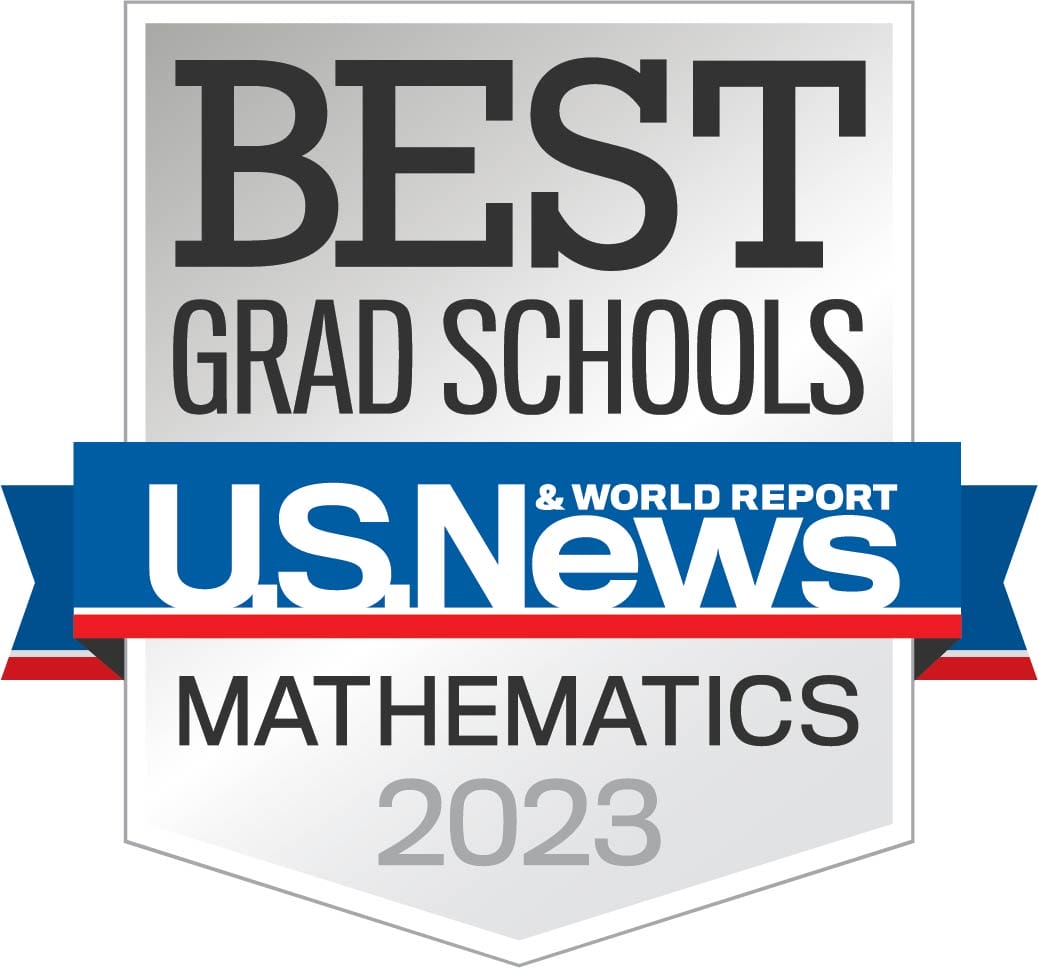 CGU’s Institute of Mathematical Sciences (IMS) trains scientists in fundamental areas of mathematics and develops expertise in specialized areas of interest. You will learn to recognize significant research problems, formulate solutions, and transmit successful outcomes to others. Throughout the program, you will conduct collaborative research alongside faculty with extensive backgrounds in applied mathematics, computational science, statistics, financial engineering, industrial modeling, and more. Our mathematics graduates are ready to assume leadership roles in education, industry, government, technology, and more.
CGU’s Institute of Mathematical Sciences (IMS) trains scientists in fundamental areas of mathematics and develops expertise in specialized areas of interest. You will learn to recognize significant research problems, formulate solutions, and transmit successful outcomes to others. Throughout the program, you will conduct collaborative research alongside faculty with extensive backgrounds in applied mathematics, computational science, statistics, financial engineering, industrial modeling, and more. Our mathematics graduates are ready to assume leadership roles in education, industry, government, technology, and more.